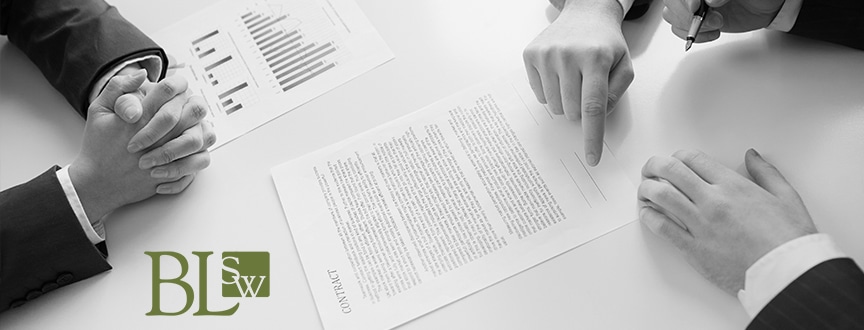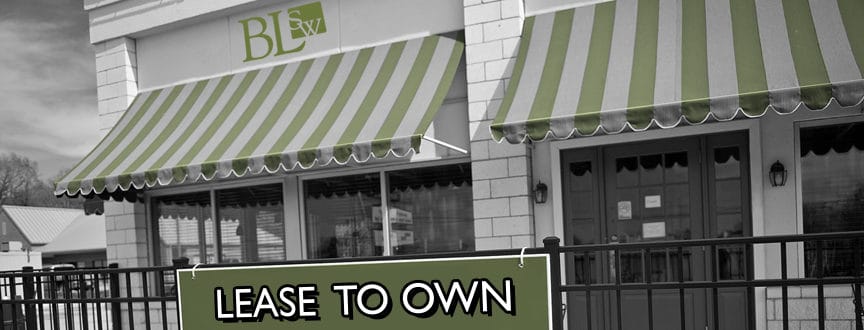When it comes to real estate, lease to own agreements sound like a great idea when you may not have a large down payment available, or you are unable to secure a mortgage. Oftentimes, you anticipate the ability to come up with a large down payment down the line, but you want to purchase a property now. If that’s the case, a lease to own agreement may be a good option for you. This would give you a period to perhaps raise your credit score, or save up money, in order to purchase a property in the future, while maintaining the property now.
With a lease to own agreement, you enter into a rental agreement for a certain period of time, with a right to purchase the property at the end. You are not the owner, but instead, you are the tenant during the period of the lease. You make certain rental payments until the expiration of the lease.
Once the lease expired, there are typically two types to purchase agreements: mandatory and option. In a mandatory purchase agreement, you are legally obligated to purchase the property at a certain period, while with an option agreement, you have the option to purchase the property, and not the obligation. That’s a huge difference.
While it sounds like a lease to own contract may be a good idea for you as the purchaser/tenant, there are certain items that you need to be aware of, because you could find yourself in a very difficult situation.
[Read: Contract Tip: Understanding the Offer]

First, there will likely be an upfront fee.
This fee is probably going to be less than the usual 10% that is required for a down payment with a mortgage, but it could still be substantial.
Second, you also need to be aware of whether any of your rental payments are going toward the purchase price.
That is the case in some instances, and definitely what you should push for if you are the purchaser/tenant.
Third, you may be required to perform maintenance on the property.
In this way, the agreement treats you more like an owner and not a tenant, shifting many of the obligations to you instead of the legal owner. Be sure you understand your rights.
Fourth, the price of the home.
Some lease to own agreements specify the price of the home, while others may state that the price of the home will be determined at the expiration of the lease. If there is an agreed-upon price when the agreement is initially signed, it will oftentimes be higher than the fair market value, as to deal with potential inflation and increase in home prices.
Finally, you are going to have a large payment due at some point in the future.
If you are going to need a mortgage, which is likely, you need to start doing what you must right away to secure that mortgage. Whether that’s eliminating debt or raising your credit score, you will know that date and at least the approximate amount you will need for the purchase agreement.
Lease to own agreements can be great, but you need to be extra careful when entering one. One of the key considerations is that you are not necessarily gaining any equity in the house. If you default on the lease, you will have to vacate the house, and likely lose any down payment, along with any amounts that may have been put toward the purchase price. And any improvements you made would also likely not benefit you. Additionally, if there was a mandatory purchase agreement, instead of an option, you could be on the hook for the price of the home. So, if you are going to enter into a lease to own agreement, be sure you understand all of the ins and outs of the agreement, and be sure you can afford it, and start planning.
Ready to speak with an Attorney? Contact us or give us a call at 505.848.8581






